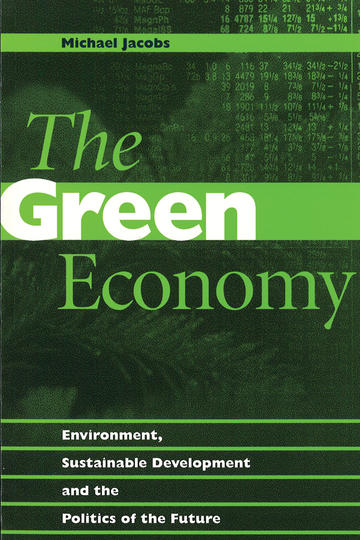About BC Books Online
BC Books Online was created for anyone interested in BC-published books, and with librarians especially in mind. We'd like to make it easy for library staff to learn about books from BC publishers - both new releases and backlist titles - so you can inform your patrons and keep your collections up to date.
Our site features print books and ebooks - both new releases and backlist titles - all of which are available to order through regular trade channels. Browse our subject categories to find books of interest or create and export lists by category to cross-reference with your library's current collection.
A quick tip: When reviewing the "Browse by Category" listings, please note that these are based on standardized BISAC Subject Codes supplied by the books' publishers. You will find additional selections, grouped by theme or region, in our "BC Reading Lists."
 Enlarge Cover
Enlarge Cover
The current controversy over the future of the forest in Clayoquot Sound is seen by many as typifying the unsolvable conflict between jobs and the environment. In The Green Economy, Michael Jacobs rejects both the traditional Green demand for 'zero growth' and the new economic orthodoxy which seeks to give the environment a monetary value. In their place, he defines the concept of 'sustainability,' as founded in a concern for future generations. But what is sustainable development? How can it be achieved?
Michael Jacobs is an environmental economist, consultant on local economic development and environmental policy, and a Research Fellow at the Centre for the Study of Environmental Change, Lancaster University.
Michael Jacobs is one of the most talented and innovative writers in the environmental movement of the 1990s.
Cogent and persuasive ... stands out on the expanding shelves of Green literature.
Jacobs takes the reader through a thorough and cogent treatment of virtually all the main questions currently at issue in the field of environmental economics. In a field rife with ideological polemic from both critics and defenders of "economic approaches" to environmental problems, it is refreshing to read a clear and even-handed discussion of the issues. Readers interested in the economics and politics of the environment will find themselves both more knowledgeable and more thoughtful about the economics and politics of the environment after reading this book.


